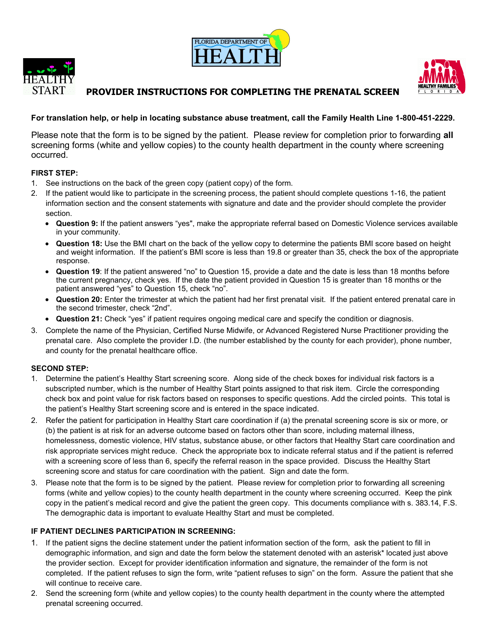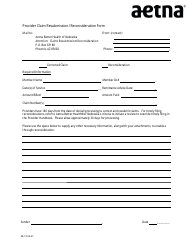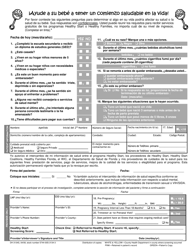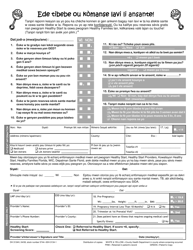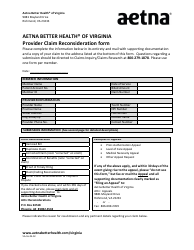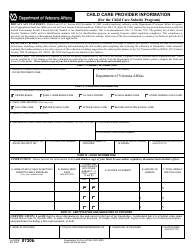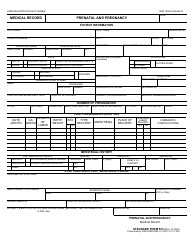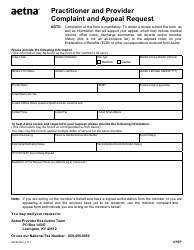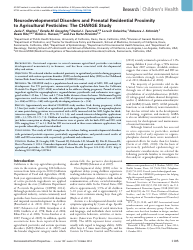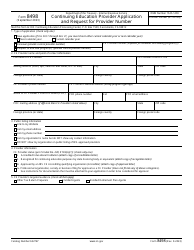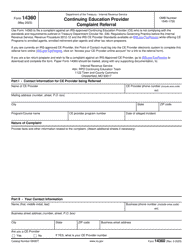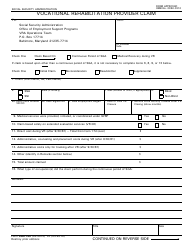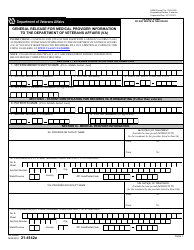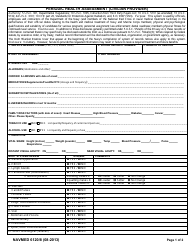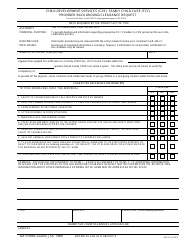Provider Instructions for Completing the Prenatal Screen - Florida
Provider Instructions for Completing the Prenatal Screen is a legal document that was released by the Florida Department of Health - a government authority operating within Florida.
FAQ
Q: What is the Prenatal Screen?
A: The Prenatal Screen is a test conducted during pregnancy to screen for certain health conditions.
Q: Why is the Prenatal Screen important?
A: The Prenatal Screen helps identify potential health risks for the baby and allows for early intervention or treatment.
Q: Who should get the Prenatal Screen?
A: The Prenatal Screen is recommended for all pregnant women.
Q: How is the Prenatal Screen performed?
A: The Prenatal Screen involves a blood test and sometimes an ultrasound.
Q: When should I have the Prenatal Screen?
A: The Prenatal Screen is typically done in the first or second trimester of pregnancy.
Q: Is the Prenatal Screen covered by insurance?
A: Many insurance plans cover the cost of the Prenatal Screen, but it's best to check with your provider.
Q: What conditions does the Prenatal Screen test for?
A: The Prenatal Screen tests for chromosomal abnormalities, such as Down syndrome, as well as neural tube defects and other genetic disorders.
Q: What happens if the Prenatal Screen results are abnormal?
A: If the results are abnormal, further testing may be recommended to confirm the diagnosis.
Q: Can the Prenatal Screen determine the baby's sex?
A: No, the Prenatal Screen is not designed to determine the baby's sex.
Q: Are there any risks or complications associated with the Prenatal Screen?
A: The Prenatal Screen is generally considered safe, but like any medical test, there are some risks, such as false positive or false negative results.
Form Details:
- The latest edition currently provided by the Florida Department of Health;
- Ready to use and print;
- Easy to customize;
- Compatible with most PDF-viewing applications;
- Fill out the form in our online filing application.
Download a printable version of the form by clicking the link below or browse more documents and templates provided by the Florida Department of Health.
